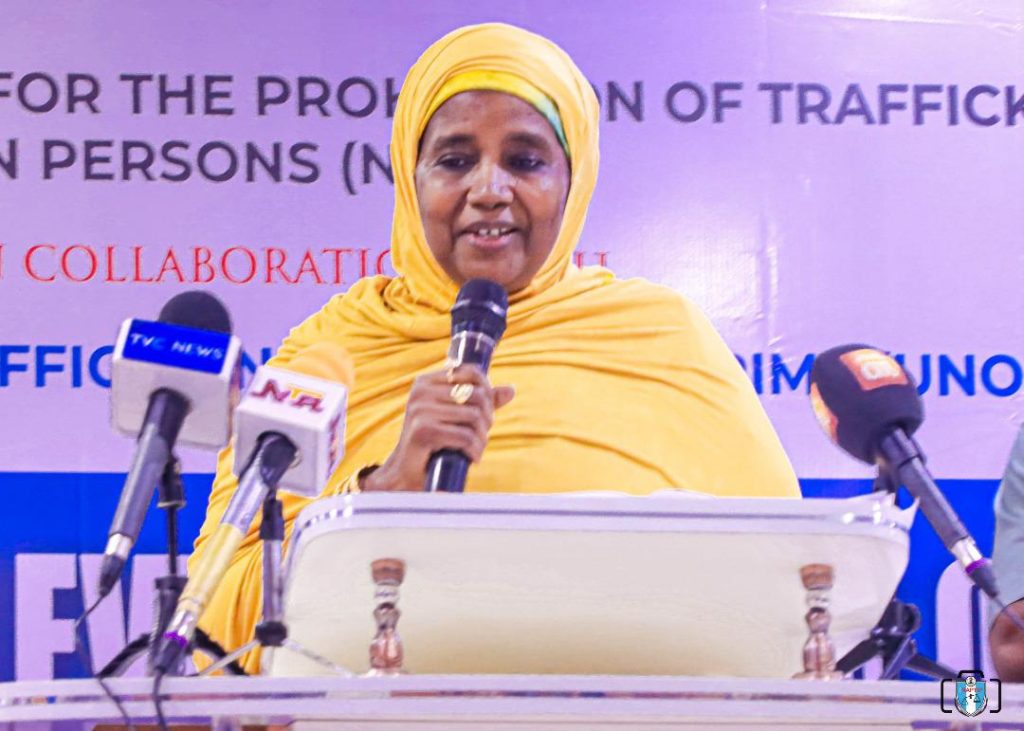Benue State has emerged as Nigeria’s new hotspot for human trafficking, surpassing Edo State in reported cases amid rising instability and exploitation of vulnerable populations. The alarming shift was disclosed by Binta Bello, Director-General of the National Agency for the Prohibition of Trafficking in Persons (NAPTIP), during a two-day workshop in Makurdi on Wednesday. Represented by NAPTIP’s Director of Intelligence, Josiah Emerole, Bello linked the surge to widespread insecurity, which has displaced families and left children at heightened risk of forced labor and trafficking.
Data cited by the agency reveals that Benue now leads in both rescued victims and arrested suspects, with cases involving residents trafficked within the state and to other regions. “Children orphaned by violence are often scattered, sold, or sent to work in quarries, while traffickers profit from their labor,” Emerole explained. The crisis underscores broader challenges in combating trafficking in conflict-affected areas, where disrupted social structures fuel exploitation.
To address the trend, NAPTIP has launched anti-trafficking clubs in 10 schools as part of its School Anti-Trafficking Education and Advocacy Project (STEAP), aiming to educate students on recognizing predatory tactics. The initiative, developed with the International Centre for Migration Policy Development (ICMPD), also trains educators to integrate anti-trafficking awareness into school curricula. “We’re targeting youth early to build resilience against traffickers,” Bello stated, noting plans to expand the program to 50 schools.
Workshop participants, including principals and community advocates, emphasized the project’s potential to curb trafficking. Emmanuel Zakaa, a principal at College Makurdi, praised the training for equipping educators to guide students. “Many accept job offers from strangers out of desperation,” he said. “This initiative teaches them to question such opportunities.”
While Edo State historically held Nigeria’s highest trafficking rates, experts attribute Benue’s rise to its deteriorating security climate, which has displaced over 1.5 million people since 2018. NAPTIP’s focus on preventive education reflects a strategic pivot to tackle root causes, though advocates stress the need for broader socio-economic interventions to protect at-risk communities. The agency’s collaboration with international partners highlights efforts to align local responses with global anti-trafficking frameworks.
